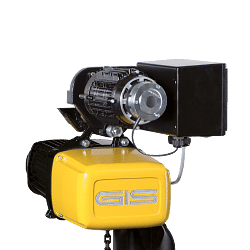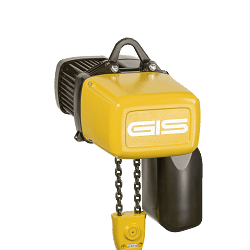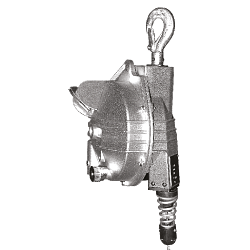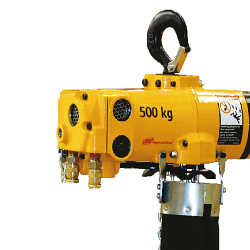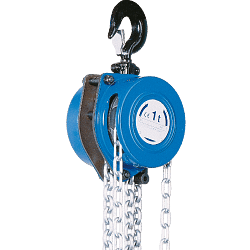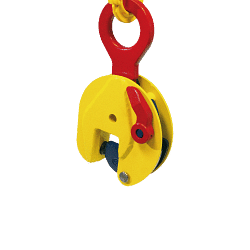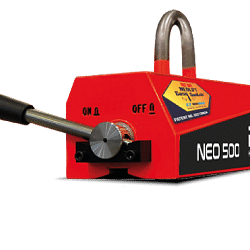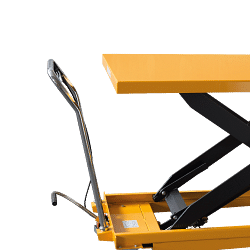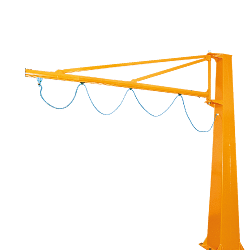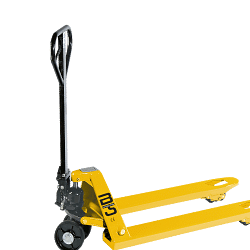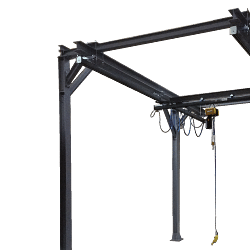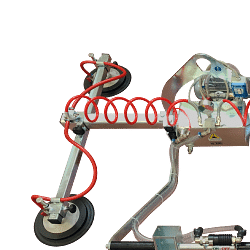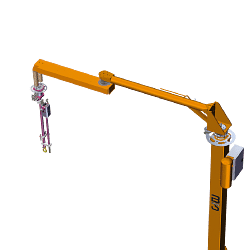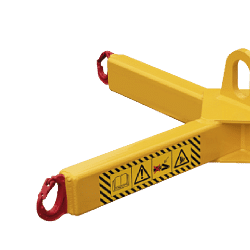Register and use the discount code NEWWELCOME to get 10% off on your first purchase. GET DISCOUNT.
Register and use the discount code NEWWELCOME to get 10% off on your first purchase. GET DISCOUNT.
Register and use the discount code NEWWELCOME to get 10% off on your first purchase. GET DISCOUNT.
Free shipping in 24h from 200€
Catalogues
Customer service
How can we help you?
- Faq
- Customer service
02.927371
- Supporting big orders
02.38298620
-
info@linkindustrialtools.it
- Request assistance with form
Or contact us with the chat in the lower right corner
- All products
 Integral cutting tools
Integral cutting tools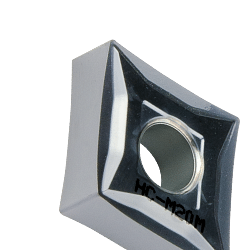 Turning tools
Turning tools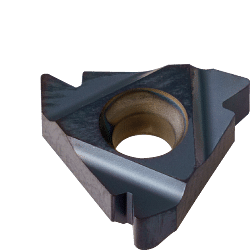 Thread tools
Thread tools Thread tools
Thread tools- All products
- Thread inserts
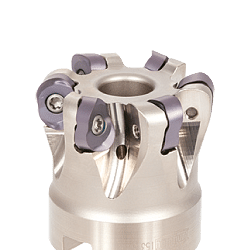 Milling cutters
Milling cutters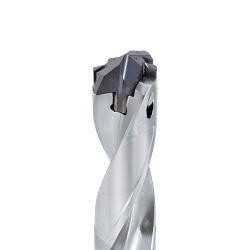 Drilling tools
Drilling tools Drilling tools
Drilling tools- All products
- Indexable drill bits
- Indexable drill heads
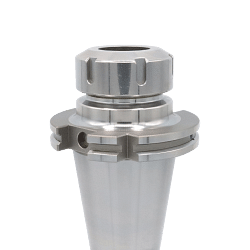 Clamping systems
Clamping systems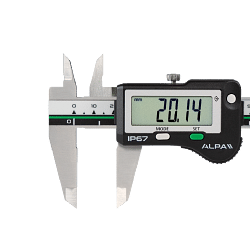 Measuring and precision tools
Measuring and precision tools Measuring and precision tools
Measuring and precision tools- All products
- Digital calipers with readings to 0.01
- Analogue calipers
- Digital micrometers
- Analogue micrometers
- Bore gauges
- Snap gauges
- Digital gauges
- Analogue gauges
- Touch probes
- Zero setters and edge finders
- Inspection plates
- Altimeters
- Height gauges
- Squares and levels
- Threaded rings
- Gauge blocks
- Calibrated tapes and thickness gauges
- Digital and analogue hardness testers
- Roughness testers
- Microscopes, lenses and visors
- Digital thermo-hygrometer to measure moisture
- Reset benches
- Optical profile projector
- Professional, digital dynamometers
- Laboratory scales
- Digital amperometric pliers
- Thickness and adhesion gauges
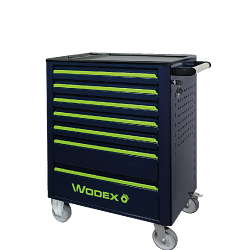 Hand tools
Hand tools Hand tools
Hand tools- All products
- Combination wrenches
- Spanners
- Hook wrenches
- Tubular wrenches
- Hexagon keys
- Torx wrench
- Socket wrenches
- Screwdrivers
- Torque wrenches
- Torque screwdriver
- Inserts and bits for screw drivers
- Tool trolleys
- Workshop pliers
- Wire strippers
- Cable strippers
- Cutting nippers
- Professional scissors
- Nippers
- Professional shears
- American or Swedish pipe wrench
- Adjustable wrench
- Pipe tools
- Pipe cutter for plumber
- Cutter
- Hacksaws
- Deburring tools
- Chisels
- Hammers and mallets
- Mechanical and conical pullers
- Clamps
- Tap wrenches and die stocks
- Riveters
- Flexometers
- Tape measures
- Markers
- Flat squares and rulers
- Professional dividers
- Professional protractors
- Brushes
- Lubricators and spray nozzles
- T-wrenches
- Reversible ratchets
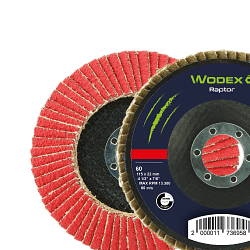 Abrasives
Abrasives Abrasives
Abrasives- All products
- Cutting discs
- Deburring grinding wheel
- Flap discs
- Fabric discs for surface treatment
- Abrasive fibre discs with Velcro
- Abrasive cloth in rolls, sheets and bands
- Flap wheels with pin and abrasive wheel with hole
- Abrasive wheels for buffing machines
- Abrasive spiral bands
- Abrasive brushes
- Flexible sanders
- Mounted grinding discs
- Polishing felt
- Solid carbide rotary cutters
- HSS rotary cutters
- Abrasive wheels for sharpening and grinding
- Diamond grinding wheels
- Grinding stone
- Diamond paste
- Abrasive stones
- Files and rasps
- Diamond files
- Grinders and polishing equipment
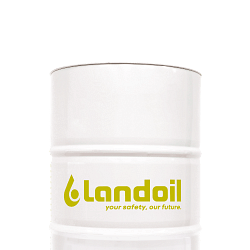 Lubricants for machine tools
Lubricants for machine tools Lubricants for machine tools
Lubricants for machine tools- All products
- Water-miscible coolants
- Neat cutting oil
- Minimal lubrication systems
- Oil for guides and slides
- Drums of hydraulic oil fluid
- Anti-freeze for machine tools
- Air coolers
- Oil separator
- Powders and absorbents for oil
- Aspirators for oil mist
- Accessories for cooling lubricants
- Metal and mould protectors
- Grease and paste
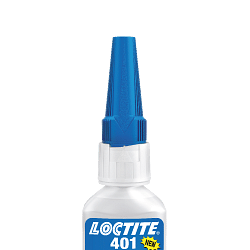 Chemical, adhesives and sealants
Chemical, adhesives and sealants Chemical, adhesives and sealants
Chemical, adhesives and sealants- All products
- Acrylic, cyanoacrylate and epoxy adhesives
- Guns and silicon sealant
- Threadlocker
- Sealants and retainers
- Release agents, lubricants and anti-seize
- Zinc spray and polishes
- Lubrication accessories
- Protections for maintenance
- Industrial Cleansing
- Handwash
- Industrial cloths and rags
- Welding machines
- Electrodes
- Clamps, shields and welding masks
- Antispatter
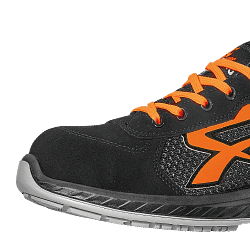 Safety equipment
Safety equipment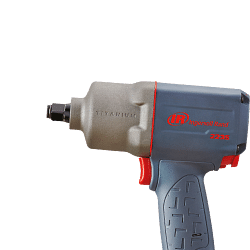 Pneumatics
Pneumatics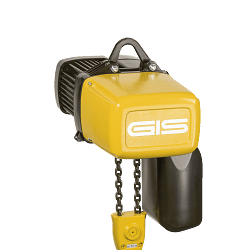 Lifting systems
Lifting systems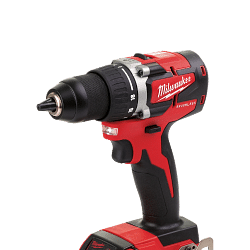 Workshop equipment
Workshop equipment Workshop equipment
Workshop equipment- All products
- Column and bench drills
- Accessories for lathes
- Band saws
- Cut-off machines
- Bench grinders
- Power tools
- Spare parts and accessories for Power Tools
- Saws and hole cutters: wood, metal and plasterboard
- Tapered cutters for sheet metal
- Industrial aspirators
- Fume aspirators
- Bench vices
- Technical lamps
- LED torches
- Industrial cable winders
- Trolley wheels
- Quick clamps
- Threaded inserts
- Control knobs
- Packaging accessories and material
- Belt sanders
- Electric tapping machines
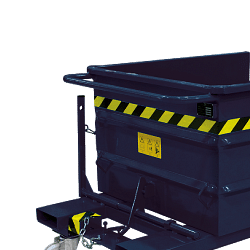 Furnishings and storage
Furnishings and storage Furnishings and storage
Furnishings and storage- All products
- Work benches
- Swivel chairs for office use
- Drawer units for workshops
- Industrial cabinets for warehouses and workshops
- Tool cabinets
- Security cabinets
- Changing room cabinets
- Containers for small metal parts
- Scrap holders
- Workshop trolleys
- Spill pallets for drum storage
- Shelves for warehouses and offices
- Cantilever shelving
- Aluminium ladders
- Modular plinths
- Units and cabinets for waste recycling
 Brand
BrandPromotions
 Bestseller
Bestseller- Catalogues
-
Catalogues
Customer service
How can we help you?
- Faq
- Customer service
02.927371
- Supporting big orders
02.38298620
-
info@linkindustrialtools.it
- Request assistance with form
Or contact us with the chat in the lower right corner
< Lifting systems
- Home
- Lifting systems
- Lift trucks
Lift trucks
Lift trucks are a key element in the landscape of machine shops and manufacturing industries. These devices, often underestimated, play a crucial role in ensuring efficient and safe material handling operations. In this in-depth look, we will explore in detail what forklift trucks are, what they are used for, how they are used and what advantages they offer. We will also answer some of the most frequently asked questions about these indispensable tools.
Understanding travel trolleys
Travel trolleys are mechanical devices designed to facilitate the horizontal movement of heavy loads within an industrial environment. They are commonly used in conjunction with overhead cranes or overhead travelling cranes, enabling the safe and efficient transfer of materials from one point to another. Their robust design and ability to support significant loads make them ideal for applications where precision and safety are essential.
Operation and use of traversing trolleys
The operation of traversing trolleys is based on a system of wheels or rollers running along a beam or track. This mechanism allows a smooth and controlled movement of the load, minimising friction and wear. The trolleys can be manually or motorised, depending on the specific needs of the application. In motorised systems, the trolleys are equipped with electric motors that provide precise control of the speed and direction of movement.
The use of travel trolleys is particularly common in machine shops, where the handling of heavy and bulky components is a daily necessity. They are also used in warehouses, shipyards and other industries where the efficient handling of materials is crucial.
Advantages of transfer trucks
The adoption of transfer trucks offers numerous advantages, including:
1. Operational efficiency: transfer trucks allow heavy loads to be moved quickly and accurately, reducing downtime and increasing overall productivity.
2. Safety: Thanks to their robust design and advanced control systems, transfer trucks minimise the risk of accidents during material handling.
3. Versatility: These devices can be adapted to a wide range of applications, making them a flexible solution for different industrial needs.
4. Cost reduction: Improved efficiency and safety result in lower operating and maintenance costs in the long term.
5. Ease of maintenance: Transfer trucks are designed to be easy to maintain, with accessible and replaceable components that reduce downtime.
Frequently asked questions about travel trolleys
1. What are the main types of travel trolleys available on the market?
There are different types of travel trolleys, including manual, motorised and chain-driven. The choice of the most suitable type depends on the specific operational needs and the context in which it will be used.
2. How do I choose the right travel trolley for a specific application?
Choosing the right travel trolley depends on various factors, including the weight of the load, frequency of use, operating environment and specific handling requirements. It is important to consult an expert to determine the most suitable solution.
3. What are the safety regulations to consider when using forklift trucks?
The use of forklift trucks is subject to specific safety regulations, which vary by country and industry sector. It is essential to ensure that the equipment complies with current regulations and that operators are properly trained.
4. What are the main challenges in lift truck maintenance?
The maintenance of forklift trucks can present challenges related to component wear, the need for regular lubrication and the replacement of damaged parts. However, with a well-planned preventive maintenance programme, problems can be minimised and reliable operation ensured.
5. How can the efficiency of travel trolleys be improved?
The efficiency of transfer trucks can be improved through the adoption of advanced technologies, such as automated control systems and monitoring sensors. In addition, continuous operator training and regular maintenance help optimise performance.
In conclusion, transfer trucks are essential tools for machine shops and manufacturing industries. Their ability to improve operational efficiency, ensure safety and reduce costs makes them an indispensable choice for any company involved in materials handling. With a thorough understanding of their features and benefits, companies can utilise the full potential of these devices to optimise their operations.
Read More Read LessUnderstanding travel trolleys
Travel trolleys are mechanical devices designed to facilitate the horizontal movement of heavy loads within an industrial environment. They are commonly used in conjunction with overhead cranes or overhead travelling cranes, enabling the safe and efficient transfer of materials from one point to another. Their robust design and ability to support significant loads make them ideal for applications where precision and safety are essential.
Operation and use of traversing trolleys
The operation of traversing trolleys is based on a system of wheels or rollers running along a beam or track. This mechanism allows a smooth and controlled movement of the load, minimising friction and wear. The trolleys can be manually or motorised, depending on the specific needs of the application. In motorised systems, the trolleys are equipped with electric motors that provide precise control of the speed and direction of movement.
The use of travel trolleys is particularly common in machine shops, where the handling of heavy and bulky components is a daily necessity. They are also used in warehouses, shipyards and other industries where the efficient handling of materials is crucial.
Advantages of transfer trucks
The adoption of transfer trucks offers numerous advantages, including:
1. Operational efficiency: transfer trucks allow heavy loads to be moved quickly and accurately, reducing downtime and increasing overall productivity.
2. Safety: Thanks to their robust design and advanced control systems, transfer trucks minimise the risk of accidents during material handling.
3. Versatility: These devices can be adapted to a wide range of applications, making them a flexible solution for different industrial needs.
4. Cost reduction: Improved efficiency and safety result in lower operating and maintenance costs in the long term.
5. Ease of maintenance: Transfer trucks are designed to be easy to maintain, with accessible and replaceable components that reduce downtime.
Frequently asked questions about travel trolleys
1. What are the main types of travel trolleys available on the market?
There are different types of travel trolleys, including manual, motorised and chain-driven. The choice of the most suitable type depends on the specific operational needs and the context in which it will be used.
2. How do I choose the right travel trolley for a specific application?
Choosing the right travel trolley depends on various factors, including the weight of the load, frequency of use, operating environment and specific handling requirements. It is important to consult an expert to determine the most suitable solution.
3. What are the safety regulations to consider when using forklift trucks?
The use of forklift trucks is subject to specific safety regulations, which vary by country and industry sector. It is essential to ensure that the equipment complies with current regulations and that operators are properly trained.
4. What are the main challenges in lift truck maintenance?
The maintenance of forklift trucks can present challenges related to component wear, the need for regular lubrication and the replacement of damaged parts. However, with a well-planned preventive maintenance programme, problems can be minimised and reliable operation ensured.
5. How can the efficiency of travel trolleys be improved?
The efficiency of transfer trucks can be improved through the adoption of advanced technologies, such as automated control systems and monitoring sensors. In addition, continuous operator training and regular maintenance help optimise performance.
In conclusion, transfer trucks are essential tools for machine shops and manufacturing industries. Their ability to improve operational efficiency, ensure safety and reduce costs makes them an indispensable choice for any company involved in materials handling. With a thorough understanding of their features and benefits, companies can utilise the full potential of these devices to optimise their operations.


